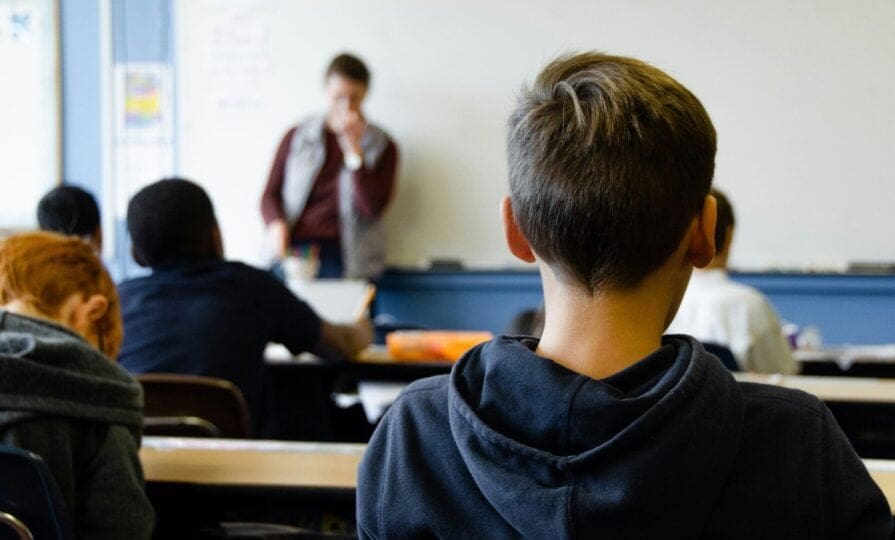Parents must ‘do more’ to tackle pupils’ bad behaviour, says DfE
It comes as a recent behavior survey found that 78% of teachers reported that poor behaviour had a negative impact on their health and wellbeing

Register to get 1 more free article
Reveal the article below by registering for our email newsletter.
Want unlimited access? View Plans
Already have an account? Sign in
The education secretary has told parents and caregivers that they must “do more” to help schools tackle bad behaviour and poor attendance in class.
It comes as the Department for Education (DfE) has unveiled a package of support for schools to help address a behaviour and attendance crisis following “shocking” new data that shows seven out of every 30 classroom minutes are lost to children “kicking off”.
Bridget Phillipson said that “when it comes to getting kids in and behaving – this includes mums, dads and carers too”.
The programme will share proven strategies from school leaders that have successfully turned attendance and behaviour around.
Further action to tackle this will begin from the start of the new term, as 800 schools will benefit from new RISE Attendance and Behaviour Hubs.
Across the whole programme, 5,000 schools are set to benefit, according to the DfE, with 500 of those in most need receiving intensive and targeted help.
This work will be supported by Tom Bennett and Jayne Lowe, who have been announced as new Attendance and Behaviour ambassadors, and will play a key role in “ensuring the sector’s voice is reflected in shaping the programme”.
It comes as a recent behavior survey, covering the 2023/24 academic year, found that 78% of teachers reported that poor behaviour had a negative impact on their health and wellbeing.
Phillipson said: “I am calling on parents, schools and families to join us in playing their part to get children in class and ready to learn for the start of the new school term.
“We have already made progress with five million more days in school this year and are backing parents and supporting schools through our Plan for Change. But we all need to do more, and when it comes to getting kids in and behaving – this includes mums, dads and carers too.”
She added: “We know what works – strong leadership, consistent attendance and schools standing shoulder to shoulder with families. That’s why we’re investing in proven expertise so that schools facing the biggest challenges can get the support they need.”
Bennett said: ”Every child deserves a school that is safe and calm, where they can be treated with dignity- and so do all school staff. We’re drawing on the professional experience of some of the best schools in England that have successfully created exactly that.
“By helping to build relationships between these schools and their peers, we’ll be building a national network of expertise that can change the futures for generations of children.”
Lowe added: “This role is a real privilege, and I can’t wait to work with colleagues across the sector to ensure every child feels connected, supported, and inspired in school.
All children deserve to belong in school, and I am committed to helping schools create safe, inclusive environments where they can thrive. It is vital that schools hit the ground running in September. I urge school and MAT leaders to prioritise culture-setting with pupils and families.”







